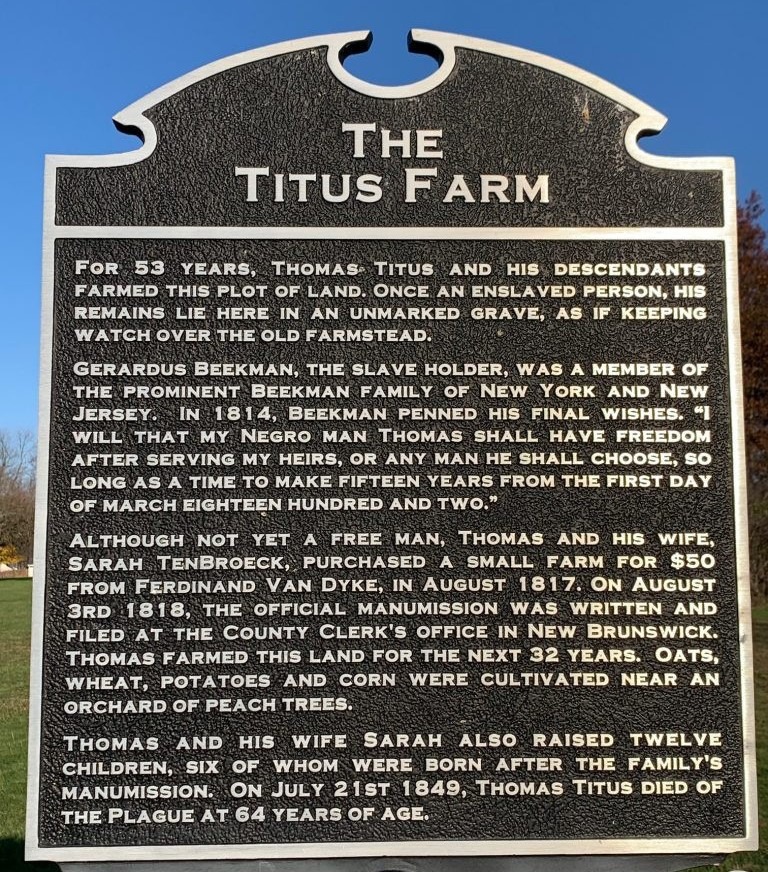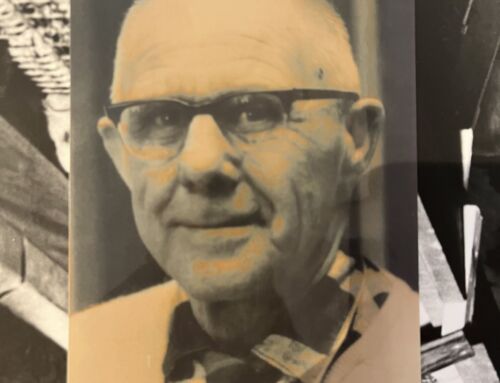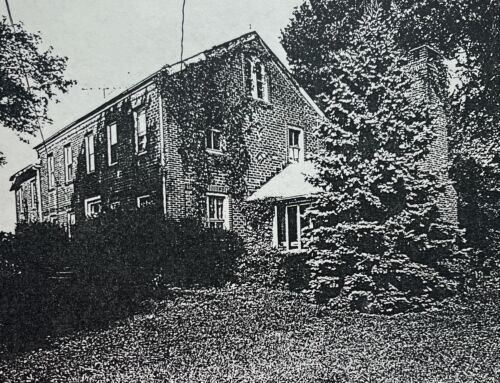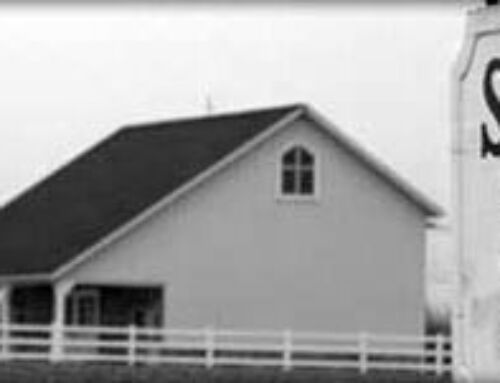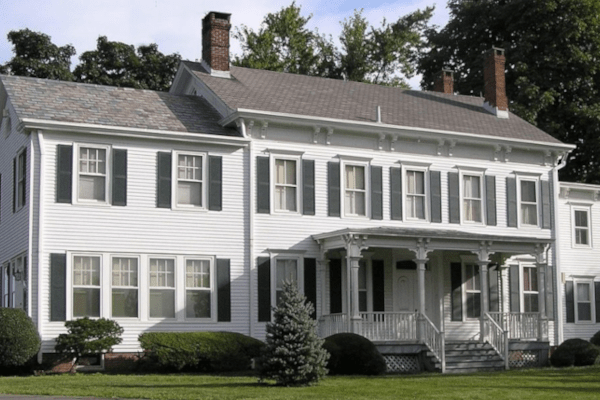Until the 1970’s, Plainsboro was home to the Titus Family, descendants of an ex-slave turned landowner of Middlesex County.
Centuries ago, Thomas Titus was a slave owned by the Beekman family. In 1814, Gerardus Beekman willed that Thomas would be free after serving his heirs for a limited remainder of time. In 1817, using what money he had saved, Thomas and his wife Sarah Tenbroeck bought what is today known as the Titus Farm from the Van Dykes (another prominent landowning family in the area). On August 3rd 1818, the official manumission was written and filed in New Brunswick, releasing Thomas Titus from slavery. For the next 32 years, Thomas farmed his land with his descendants, cultivating oats, potatoes and corn near an orchard of peach trees. This land eventually spanned 11 acres off Benson Road where a home and barn were built. On July 21st, 1849 Thomas Titus died of the plague at the age of 64.
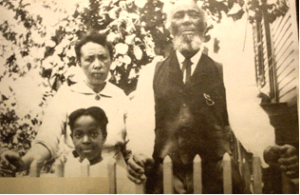
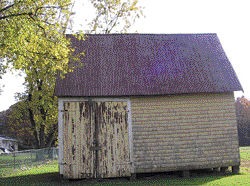
According to local historian James Shackleford’s research, the Titus farm was in the hands of his descendants until 1870, when it was sold to the descendants of the family that originally owned him. The family continued to live in Plainsboro and the farm then went through a long series of exchanges until it was finally acquired by the township parks department in 1989.
After the barn burned down in January of 2007, Shackleford contacted Titus’s great, great grandson, Thomas Jennings (age 91 at the time) who pointed out the exact location of Titus’s original grave. On June 16, 2007, a dedication ceremony was organized where a 6-foot land marker and a grave marker made of bronze were unveiled to honor the land and memory of Titus as well as his 11-acre Kendall Park farm. Thomas Jennings and his niece Frances Moore proudly attended with a picture of the son of Titus.
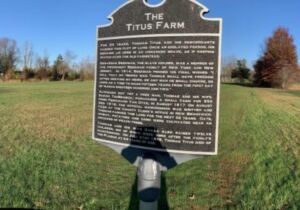
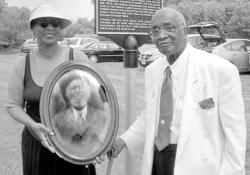
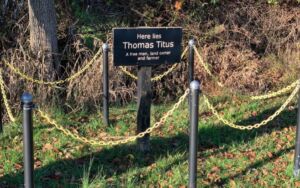
Titus had firsthand experience with both the institution of slavery in New Jersey as well as its end. Most slave owners in New Jersey were middle-class people who had two or three slaves – a different system than southern plantations with around 25 slaves. Slavery has been a part of New Jersey since the 1660s, when the Dutch began to import slaves from the West Indies. People looking to buy would usually go to Perth Amboy, a thriving port town popular among slave traders at the time. By the time New Jersey became the last northern state to abolish slavery in 1804, there were about 12,000 slaves.
